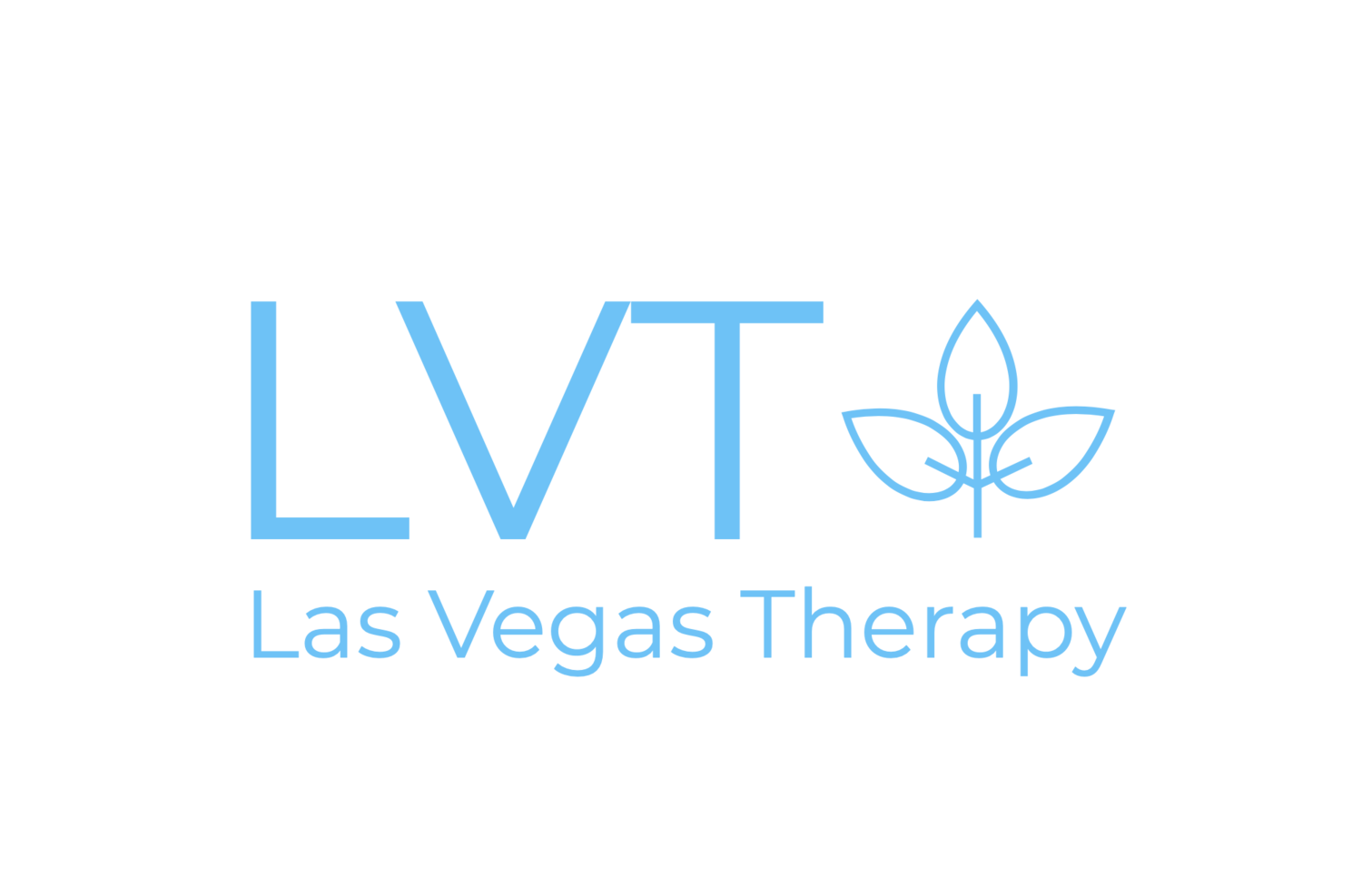Relationships can be a source of both joy and pain, and sometimes, they may leave us with attachment injuries that affect our emotional well-being. These attachment injuries can be the result of various factors, from childhood experiences to adult relationships. In this blog post, we will explore the concept of attachment injuries, their impact on relationships, and strategies for healing and fostering healthier connections.
Understanding Attachment Injuries
Attachment injuries are emotional wounds that occur within the context of relationships. They can stem from various sources, such as:
Childhood experiences: Early attachment injuries from caregivers can affect how we relate to others in adulthood.
Betrayal: Infidelity, deception, or any form of broken trust can lead to attachment injuries.
Abandonment: Being abandoned by a loved one, whether physically or emotionally, can leave deep scars.
Attachment injuries can manifest as:
Trust issues: Difficulty in trusting others due to past betrayals or abandonment.
Communication problems: Struggles in expressing emotions and needs effectively.
Fear of vulnerability: Avoiding emotional openness to protect oneself from potential pain.
Healing Attachment Injuries Through Therapy
Professional therapy is a valuable resource for healing attachment injuries. Therapists specializing in attachment issues can guide individuals and couples through the process of healing and fostering healthier connections. Key components of therapy may include:
Understanding Attachment Styles: Identifying your attachment style is crucial in understanding how you relate to others and what might be contributing to attachment injuries.
Addressing Past Wounds: Exploring past experiences, such as childhood attachment wounds, to gain insight into their impact on current relationships.
Building Secure Attachment: Learning how to develop secure attachment styles in adult relationships to promote trust, emotional connection, and mutual support.
Emotional Regulation: Developing skills to manage strong emotions and respond to relationship challenges effectively.
Effective Communication: Improving communication skills to express needs and emotions and actively listen to your partner.
Emotional Regulation: A Key to Relationship Resilience
Emotional regulation is a cornerstone of healing attachment injuries and fostering healthier connections. Here are steps to improve emotional regulation:
Self-Awareness: Identify your emotional triggers and responses. Self-awareness is the first step to regulation.
Self-Care: Prioritize self-care to maintain emotional well-being. Activities like exercise, meditation, and hobbies can help reduce stress.
Mindfulness Practices: Incorporate mindfulness exercises into your daily routine to stay grounded and manage overwhelming emotions.
Breathing Techniques: Deep breathing and relaxation exercises can help you stay calm during emotional moments.
Seek Support: Don't hesitate to lean on friends, family, or a therapist for support and guidance in regulating your emotions.
Effective Communication for Deeper Connection
Communication is a crucial element in fostering healthier connections. To improve communication in your relationships:
Active Listening: Practice active listening to understand your partner's perspective fully.
I-Statements: Use "I" statements to express your feelings and needs, focusing on how you feel rather than blaming your partner.
Conflict Resolution: Learn effective conflict resolution techniques, such as compromise and negotiation.
Couples Counseling: Consider couples therapy to work on communication dynamics together.
Healing from attachment injuries and fostering healthier connections in your relationships is a journey, but it is achievable with the right strategies and professional support. At Las Vegas Therapy, we specialize in helping individuals and couples navigate attachment injuries and build stronger, more resilient connections. Visit our website at www.lvtmentalhealth.com to learn more about our services and how we can assist you on your path to healing and healthier relationships. Remember, there is hope for improved attachment and emotional well-being in your relationships.

